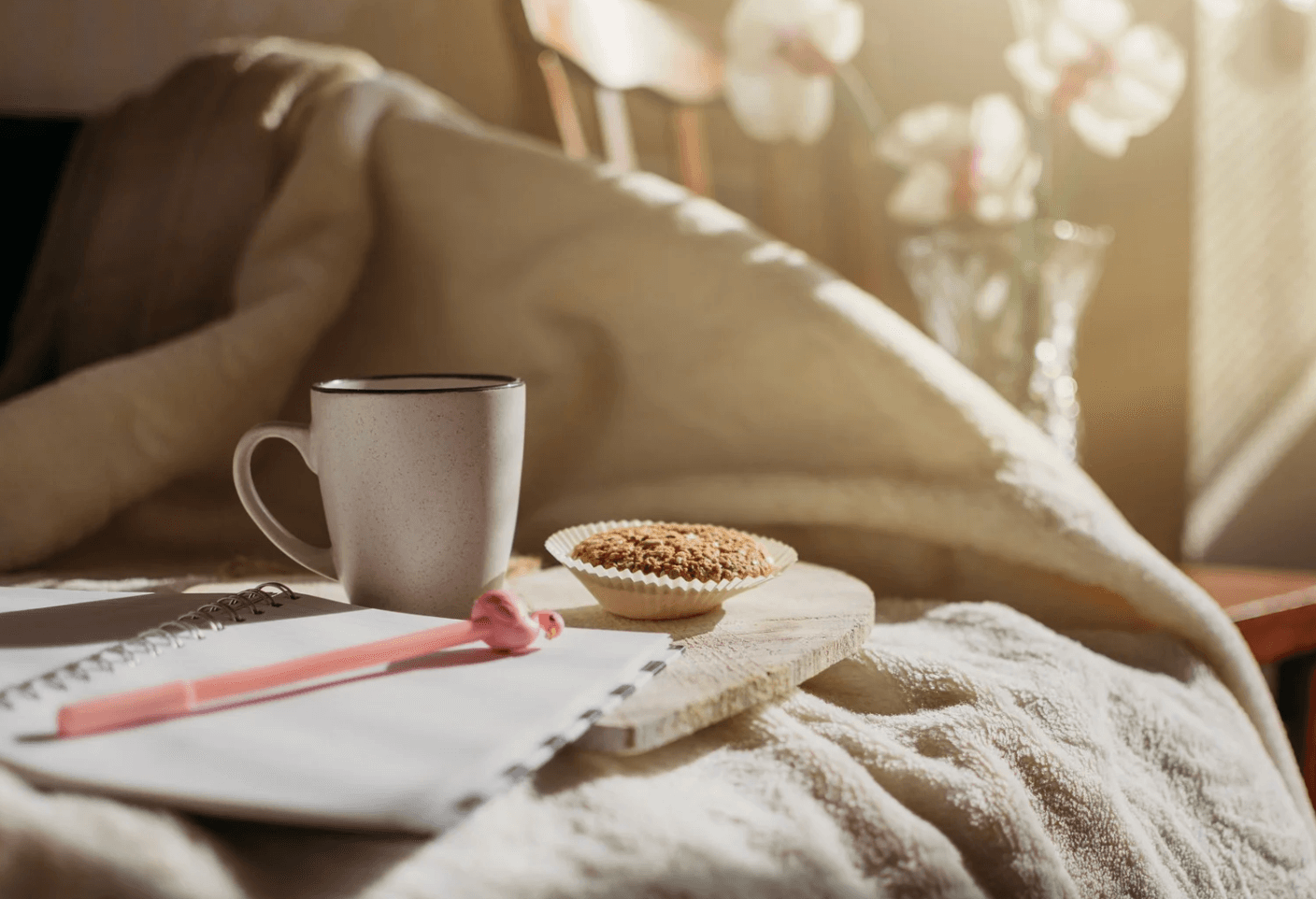In today's fast-paced world, it can be easy to overlook the importance of taking time to relax and unwind. With the constant demands of work, family, and everyday responsibilities, many of us find ourselves constantly on the go, with little time to rest and recharge. However, it's crucial to prioritize self-care and relaxation in order to maintain our mental and physical well-being.

One of the best ways to relax and de-stress is to spend time in nature. Whether it's taking a leisurely stroll through a park, hiking through the mountains, or simply sitting by a lake, immersing yourself in the natural world can have a profound impact on your overall mood and stress levels. Studies have shown that spending time in nature can reduce feelings of anxiety and depression, improve cognitive function, and boost overall feelings of well-being.
Another key component of relaxation is engaging in activities that promote mindfulness and present-moment awareness. Mindfulness practices such as meditation, yoga, and deep breathing exercises can help to calm the mind, reduce stress, and improve concentration. By focusing on the present moment and letting go of worries about the past or future, we can cultivate a sense of inner peace and calm.
In addition to spending time in nature and practicing mindfulness, it's important to find activities that bring you joy and relaxation. Whether it's reading a good book, listening to music, soaking in a warm bath, or spending time with loved ones, taking time to do things that make you happy can have a positive impact on your mental health and well-being. By prioritizing self-care and making time for activities that bring you joy, you can reduce stress and improve your overall quality of life.
It's also important to prioritize sleep as part of your relaxation routine. Getting an adequate amount of quality sleep is essential for maintaining good physical and mental health. Lack of sleep can lead to increased stress, irritability, and difficulty concentrating. By establishing a regular sleep routine and creating a relaxing bedtime ritual, you can improve the quality of your sleep and wake up feeling more refreshed and rejuvenated.
In addition to these individual relaxation techniques, it's also important to create a relaxing environment in your home. This can include incorporating calming colors and scents, decluttering your space, and creating a designated relaxation area where you can unwind and recharge. By creating a soothing environment in your home, you can make it easier to relax and let go of stress at the end of a long day.
kd2kub